From saving a down payment to applying for a mortgage to competing with other home buyers, buying a home can turn you into a ball of stress without you even knowing. Since buying a home involves a series of small steps that eventually lead to homeownership, it can be very stressful and challenging.
The good news, however, is that you can make the process go much more smoothly if you understand each step and prepare for the process before you jump into the boat. Before we talk about beating the stress of buying a new Charlottesville VA home, let’s talk about the hardest parts of buying a home so you can prepare yourself for them.
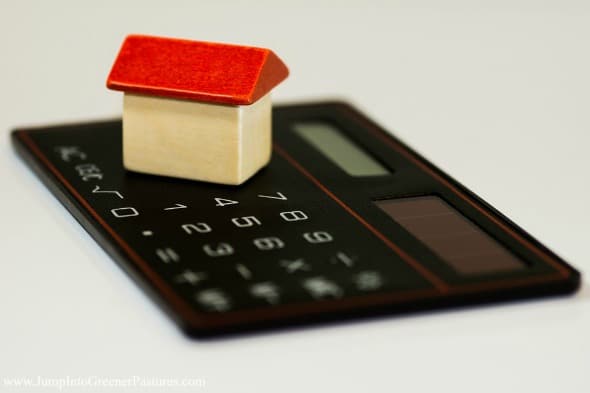
- Saving for the down payment
Most homebuyers cite this as the single biggest obstacle to owning a home in the U.S. The savings rate in the country is so dismal that majority of Americans find it hard to save enough to make a down payment on their dream home.
While saving money is not easy especially if we are talking about thousands of dollars, it is possible. To prepare for this part, set up a budget that includes a regular line item for your expected down payment, and give yourself as many months or years as you believe it will take. By the time you’ve saved enough, you are finally ready to purchase your dream home.
- Finding a buyer for your current home
While this only applies to homebuyers who are living in their current homes, this is also one of the hardest parts of buying a new home. This is primarily because it requires you to be involved in two real estate transactions at the same time. Imagine how hard it already is to purchase a home, and then adding a second—and sometimes an even tougher—transaction into the mix.
Another reason why this is can be very challenging is that most of the time, even a strong market is not enough to sell a home. Many prospective buyers do not always qualify for financing and as a home seller, you will encounter one or more false starts on offers before you get your home sold.
There is also the challenge of having one of these two transactions dependent on another. More often than not, the sale of a previous home is required for the mortgage of a new home. If there is any detail on the sale of your current home that looks a bit odd or uncertain, then that will most likely cause your home buying transaction to fail.
If you want to overcome this obstacle, come up with an effective strategy that will help you sell your current home first before you buy a new one. While that may not be easy, that will increase the chances of your home buying process turning out successful.
- Improving your credit
Even though the conditions in the housing market continue to improve, mortgage lenders are still cautious about borrower credit. If you are planning to buy a home and want to make sure that you are able to participate in the widest number of mortgage programs, then the first thing you need to do is to get your credit score up to at least the 700 level.
If you have recently had an impaired credit, improving your credit may be a challenge. This also rings true if you are carrying too much debt.
To prepare for this part of the home buying process, take time to give your credit a boost. Bring it where it needs to be so you can easily apply for a mortgage when it’s time to buy a home. You may want to get a free copy of your credit report as soon as now so you can take a look at the negative information it may reveal. As soon as you see it, take the necessary action.
- Choosing the right home in the right neighborhood
This is also one of the biggest challenges when buying a home. Often, prospective homebuyers find the home of their dreams in a neighborhood that goes beyond their price range. Most of the time, what they do is compromise.
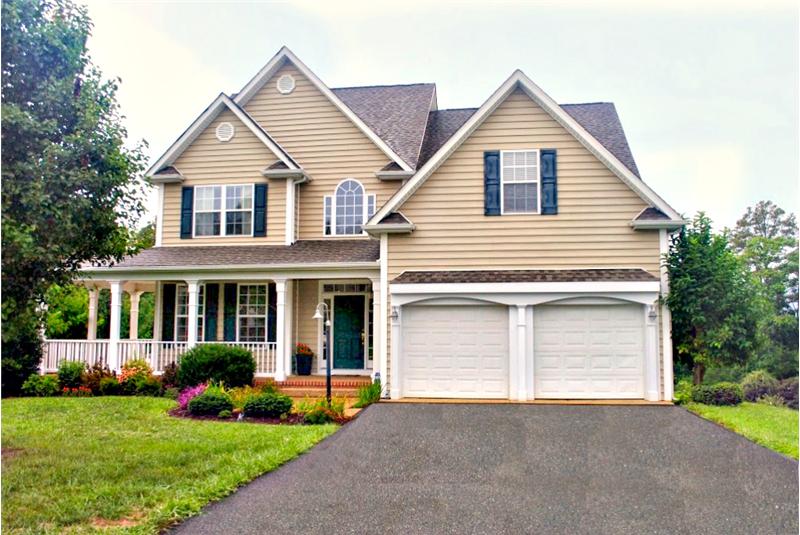
If you do not want to compromise, then find a home that suits your needs and taste and is located in the right neighborhood at the same time. For instance, having school-aged children may push you to sacrifice finding a dream home in favor of moving into an area where there are good schools. On the other hand, having no children at all may push you to prioritize the house more than the neighborhood.
- Preventing yourself from overbuying
In every real estate transaction, emotion always has a way of taking over you when you begin your search for your dream home. As a homebuyer, you have the tendency to fall in love with the property and end up paying too much for it in the process.
You may also tend to buy a house just because you like the way the furniture is arranged in it, even when it is not really the type of home that you need. Once you develop an emotional attachment to a home, it’s a short walk to paying more for that home than it’s actually worth. To keep that from happening, make sure that your emotions are always at bay when purchasing the right home for you and your family.
Before you begin your shopping decide on the amount of house you can afford and stick to that. Make sure that you also make decisions based on available facts, not because of your emotions.
Purchasing a home is just plain stressful.
Buying a home is a complicated process that involves strong emotion. In fact, experts agree that moving to a new home is among the top three most stressful events in life- next to death and divorce.
Whether it’s your first time or not, some aspects of buying a home are simply beyond your control.
However, there are some things that can help make your experience less stressful. In this article, I’ve included three of the best ways in which you can beat the stress of buying a new Charlottesville VA home and enjoy the experience.

1. Get your finances in order
Before you even think about hitting open houses, the first thing you need to do is to get your finances in order. A few months before you start your home search, order your free credit report from the three big credit bureaus at annualcreditreport.com.
Examine your credit report carefully because lenders will use them to determine whether they’ll lend to you and at what rate. If you see any mistakes, have it corrected as soon as possible. You’ll need a score of a least 620 to get a mortgage while the best rates require a score of 740 or higher.
With a financial investment this big, the earlier you start getting your financial ducks in a row, the better.
2. Understand the home buying process
In the home buying process, knowledge is power. Don’t be afraid to ask questions until you understand. It’s essential that you keep yourself informed on the different steps involved in purchasing a home in Charlottesville VA. Doing so will help you manage your expectations.
There’s’ always a measure of anxiety when buying a new home. That’s perfectly normal, but you must not forget that it is also supposed to an exciting time. To make it a less stressful experience you have to prepare. Take time to educate yourself and do some legwork.
Having an experienced and reliable real estate agent can also be an invaluable resource for you at a time like this. Your agent will keep you in the loop and let you know what’s happening at all time.
3. Partner with Pam Dent
Any real estate agent can help you browse home listings and set up showings for you. However, you will benefit more from working with an experienced real estate professional who has built connections and know-how over the years.
That would be me. I’ve been through the house buying process with many clients many times and I will help you through this one. As your agent, I will point out the pros and cons of homes, making sure you have noticed any red flags and generally making the home buying a positive, successful experience for you. I am familiar with the tools of the trade—from online listing sites to all the paperwork it takes to simply make an offer on a home.
Call me, Pam Dent, at 434-960-0161. My ultimate goal is to make your home buying experience as easy and stress-free as possible. With me on your side, you can take a step back and enjoy the process responsibly.


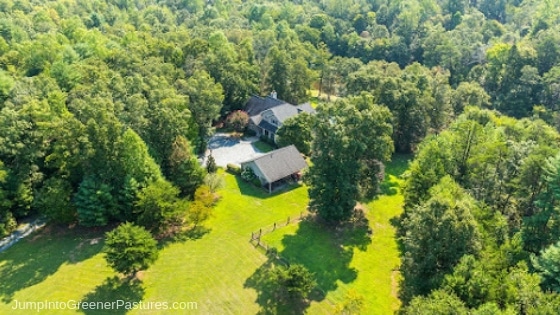






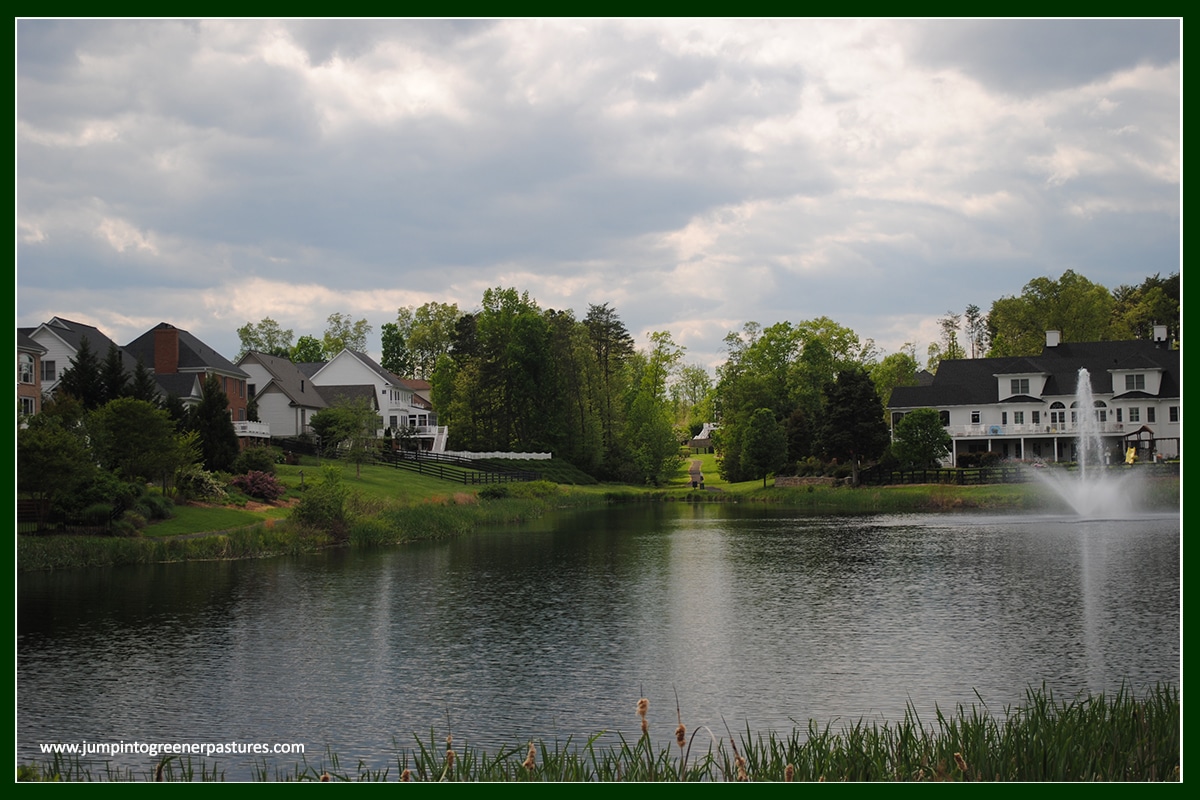


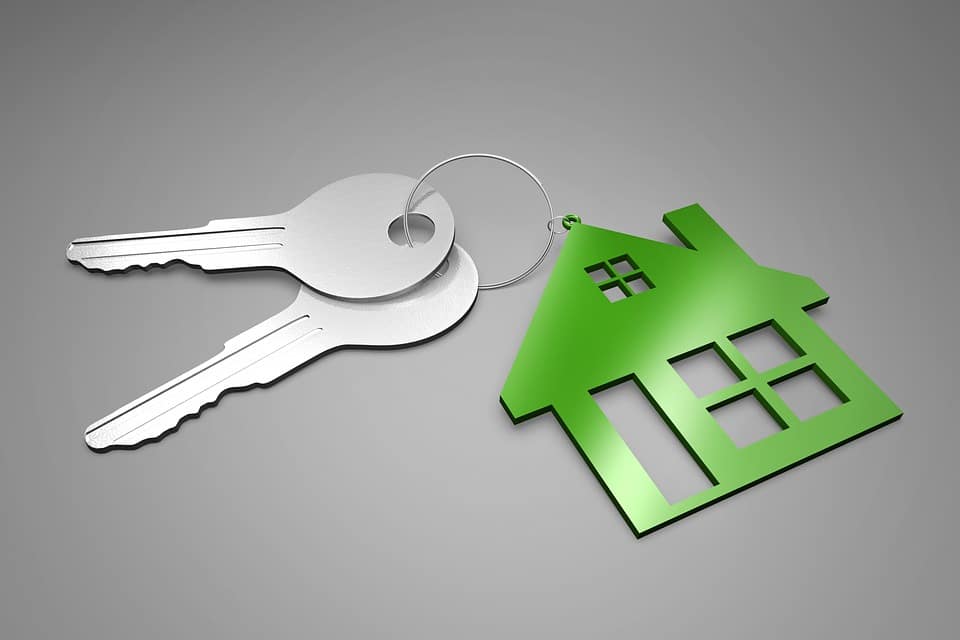


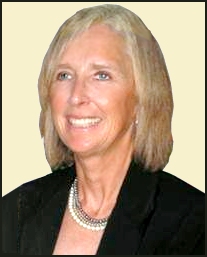 Pam Dent
Pam Dent